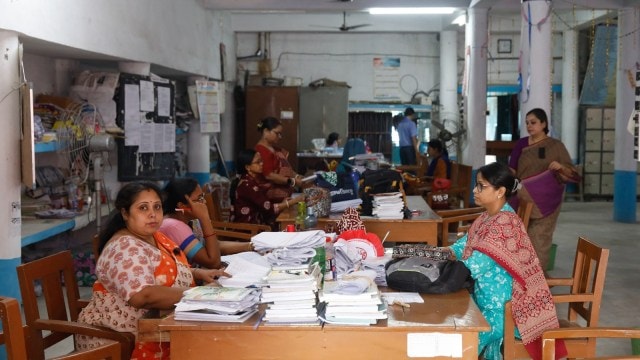
The Supreme Court has not stayed the contentious Special Intensive Revision (SIR) of electoral rolls in Bihar. Instead, the Court said, “After going through the documents, ECI has pointed out that the list of documents for verification of voters include 11 documents and is not exhaustive. Thus, in our opinion, it would be in the interest of justice if Aadhaar card, EPIC card and Ration Card be included. It is for the ECI to still decide whether it wants to take the documents or not. If it does not take the documents, (it has to) give reasons for the same.” “The matter needs hearing,” it concluded while issuing notice to the ECI for its response “within one week on or before July 21 and rejoinder before July 28”.
Interestingly, the citizenship issue and the ECI’s competence to delve into it is not mentioned in the order, although it was reportedly mentioned during the hearing. It is incontrovertible that only Indian citizens have a right to vote as per Article 326, and no one who is agitated by the SIR has argued against this. It is equally incontrovertible that the ECI is the “empowered” constitutional authority to supervise the preparation of electoral rolls. It is also a fact that there is no legal document issued by the government by which citizenship can be proved. How fair is it, then, to ask citizens to produce a conclusive document to establish citizenship? If the purpose of the SIR is to verify identity, then why do it all over again, having once done it to the satisfaction of the registration officers in keeping with relevant regulations?
In fact, the ECI has been indulgent. Even though it is an elector’s responsibility to ensure that she is not enrolled in more than one place, the ECI has been tolerant of this while working on methods by which such duplication can be detected and deleted. It has not filed a single case against electors who may have committed this irregularity because it was confident that its procedures would not permit electors to vote more than once. It has innovative ways of facilitating voters embracing modern technologies to make the system failproof.
The Indian electoral system has faced a fundamental challenge in determining where an elector should vote. EPIC recognises an elector’s eligibility but is not sufficient to vote till the elector’s name appears in the electoral roll of a particular constituency. The EC has been flexible in allowing an elector to be enrolled in a place of his ordinary residence. The meaning of “ordinarily resident” is defined in the RP Act in an ambivalent manner that enables the ERO to exercise his judgement in determining the claim made by the elector seeking registration:
The person seeking to register as a voter is required to give an affidavit that she is a citizen of India and provide documentary evidence of her identity and ordinary residence. In fact, as per Rule 18 of the Registration of Electors Rules, 1960, “if the registration officer is satisfied as to the validity of any claim or objection, he may allow it without further inquiry”. He must conduct an inquiry, if demanded. Even in the case of deletion, he cannot do so without giving the person an opportunity to be heard, and the onus of proof is on the objector.
What is puzzling in the case of Bihar is that the EC discarded its own findings of more than two decades in registering electors as per its notified due process, and placed the burden of proof on electors. In an unprecedented step, it ordered that registration till 2003 would carry “probative evidence of eligibility, including presumption of citizenship”, not mentioned in earlier revisions. The previous EC orders for SIRs should be seen in this regard. The practice hitherto, as per available information, was house-to-house enumeration where the head of the family would provide details of all adult members, as per Forms 4 and 5, without any document for supporting citizenship. Therefore, the distinction made between pre-2003 and post-2003 is illogical.
A bureaucratic approach coupled with an unclear purpose can be a nightmare for citizens. Even if the ECI agrees to expand the list of documents that electors are required to submit for reconfirming the satisfaction of the ERO, the distinction made between two groups of electors, pre and post-2003, is unreasonable and needs review. Similarly, the distinction between different categories of citizens based on their date of birth is unprecedented. It may not be desirable to let an overzealous ECI enlarge its sphere of responsibility. After all, hasn’t the ECI steadfastly remained away from enforcing the order of the Central Information Commission treating political parties as public entities under the Right to Information Act as it doesn’t lie in its remit? Or should we expect the ECI to take that issue up with equal conscientiousness?
The writer is a former election commissioner